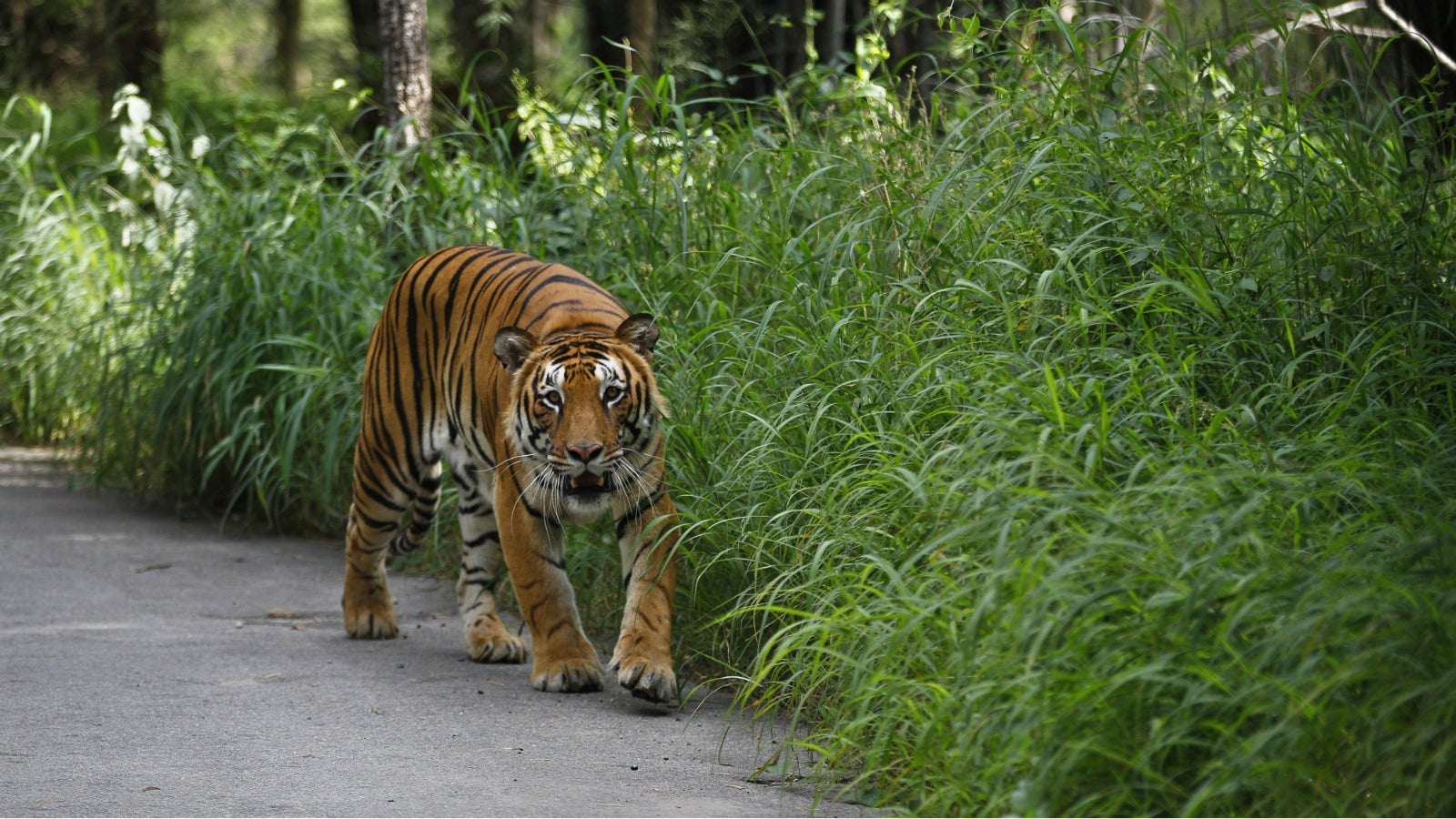India has lost 78 tigers in 2016—the most in six years
Last year, India had much to show for its tiger conservation efforts.


Last year, India had much to show for its tiger conservation efforts.
After decades of steady decline, the population of the big cat had grown by a staggering 30% between 2010 and 2015 in the country. It stood at 2,226 tigers as of January 2015 in comparison to 1,411 in 2005, according to government estimates.
Now, in what should cause serious worry for the government, India has lost 78 tigers in the first 10 months of the year. This is more than the number of such deaths in the same period over the past six years, according to Tigernet, a collaborative effort of the National Tiger Conservation Authority and TRAFFIC-India, a wildlife trade monitoring network.
Authorities are still investigating the causes of 43 deaths. The remaining have been attributed to direct or indirect human intervention such as poaching, poisoning, electrocution, and road accidents, among others. The central Indian state of Madhya Pradesh reported the highest number of such deaths, followed by Karnataka.
“We usually witness a high incidence of poaching from August to November every year, though the reasons for this trend are unknown,” Shekhar Kumar Niraj, head of TRAFFIC India, told the Times of India newspaper. “The situation this year seems far more grim as there has been an almost 10% increase in tiger mortalities and over 150% increase in seizures since last year.”
India is home to more than half the world’s tiger population, though the numbers have dwindled dramatically over the years.
Over the last four decades, poaching has hit tiger conservation efforts. Between 2000 and 2015, India seized the largest number of tigers and tiger products—at 540 seizures—that were mostly headed for China.
“Poaching can only be stopped when we have coordinated, intelligence-led enforcement operations, because citizens of many countries are involved in illegal wildlife trade,” Tito Joseph, programme manager at New Delhi-based Wildlife Protection Society of India, said earlier this year. “It’s a transnational organised crime.”